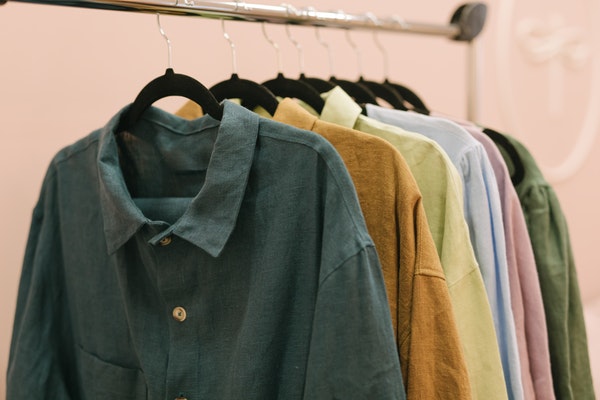
Imagine being a garment manufacturing company that sells products that receive complaints and returns from customers due to poor size, fitting, or even fabric quality. That would be the worst case for a business owner. It would be a shock if we told you that this failure is due to the production process? And, does this have the power to make or ruin brands? What do you say?
When it comes to the project of clothing, quality testing is a neglected yet vital procedure. Quality Control has been given top priority in UNITO's manufacturing. We develop integrated solutions to fulfil the ongoing demand for accurate, high-quality fabric, which has helped us gain a solid reputation and sense of trust from our clients.
A More Detailed Look at the Indian Garment Manufacturing Industry in India
With around 8 million devoted employees, the Indian garment industry is one of the largest scale industries in the nation. About 4% of India's Gross Domestic Product (GDP), is made up of women who work in the country's garment manufacturing industry. As the world around us changes, many Indian clothing companies are manufacturing the latest products to meet both domestic and world demand.
What are the well-known places for the Indian garment industry?
India has 10 or more centres for the production of clothing. These places focus on creating a wide range of clothing. For example:
- Ready-made clothing for women and children in Kolkata, Noida, Gurgaon, and Delhi.
- High-quality products for making ready-made clothing include Indore, Kolkata, and Ludhiana.
- Bareily is known for producing some of the best Zari work in the world.
India's Garment Manufacturing Industry
India's garment manufacturers are always experimenting with new approaches to guarantee the delivery of premium goods at fair prices. This is so because, in the textile and fashion industries, success is determined by both price and quality. Due to the intense competition, India continues to offer clients discounted costs, but we'll leave it up to you to decide how well the claimed quality will be provided.
To offer you a brief overview of the manufacturing process for textiles, it begins with choosing the proper type of yarn and raw materials for the desired product. When it comes to cotton, bales of the crop are transported from the farm to spinning mills where they are transformed into yarns. Then, different combinations of these yarns are coloured and knitted to make long folds of fabric that will later be sewn into the desired product.
Best Garments Manufacturer Industry in India
The most important manufacturing stage is the Quality Assurance Test, which happens before the packing and delivery of these products. Each product goes through this process to be examined for its colours, designs, duration, and size. The best garment manufacturers in India use the three steps of the quality assurance process to create goods that live up to the standards set by their customers.
Stage 1 – Pre Production
This stage is also known as raw material inspection. How a garment is perceived depends on the quality of its raw materials and so this becomes an essential stage in the manufacturing process. The first step in this process is to check:
- fabric to identify its colour,
- quality,
- dye,
- irritation to the skin,
- size,
- sameness, etc.
To make sure that the stitches are held together while being sewn, even the sewing threads must be examined for strength, sturdiness, and thickness.
Stage 2 – Production
It is also known as in-process inspection and includes conducting product testing as the cloth is transformed into the desired output. This process can get rid of up to 80% of the manufacturing flaws that affect the final product.
Many tests, including ones for measurement, fitting, and fatigue, are part of this process. Since size and fit account for the majority of returns among apparel companies, garment makers in India are careful about these issues. This stage also includes examining many extra components, such as:
- garment's general appearance and feel
- structure
- physical features
- colour longevity
- stitch quality
Stage 3 – Post Production
The primary aim of post-production is to check the finished product for any extra defects that might have been overlooked or introduced during the first two processes. At this point, the order quantity is once again checked. Products are chosen at random for the quality testing procedure, where they are grouped according to the degree of defects into various categories.
This is the result of years spent learning the complexities of the textile industry and only using specialists to swear for the excellence of our products. Next time you consider having some high-quality products made for your company, make sure your manufacturer follows strict Quality Assurance Methods. And if you wish to explore your options, UNITO is always willing to produce samples for you to check our standards of quality! For further information, get in touch with us.
Visit Unito for more information
Follow us on:
Facebook | Instagram | LinkedIn | Twitter | Google My Business


